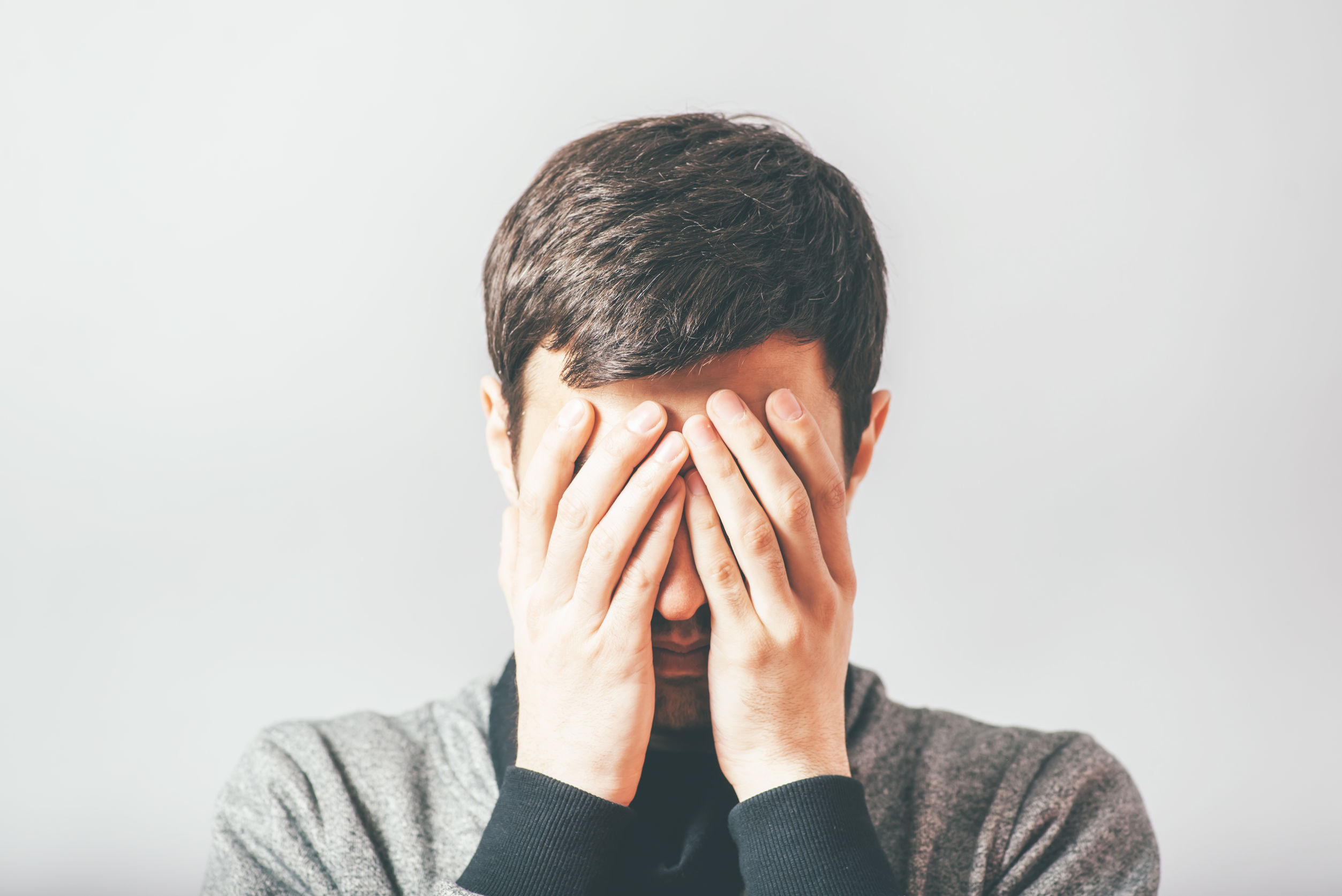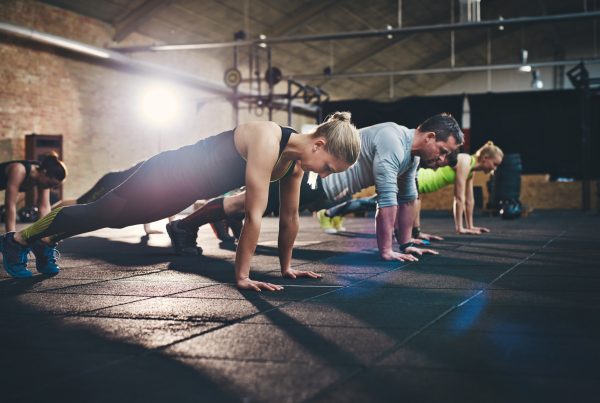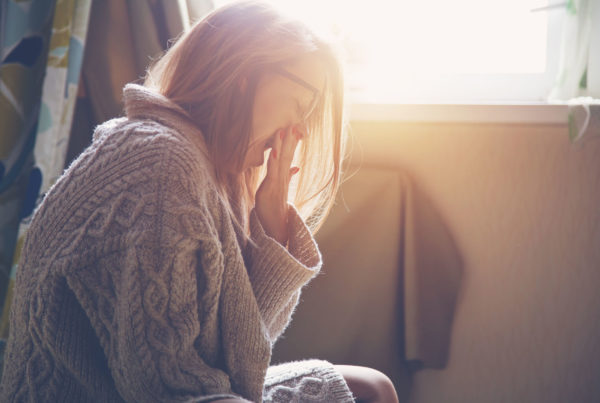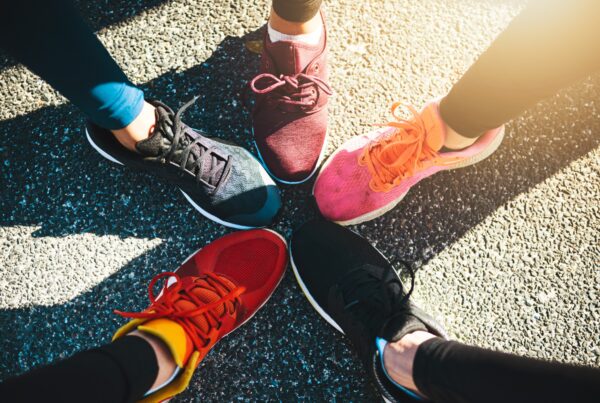”Maine, do you believe can survive on less sleep after awhile? Or that alcohol helps you get better sleep? These are common sleep myths, and you can learn more of these in this week's article. We hope you find this informative!
Reading Time: 7 Minutes
10 Myths:
- Alcohol will help me sleep better
- I can train myself to get by on less sleep than normal
- It’s easy to tell when a lack of sleep starts to affect my ability to function safely
- Once I notice I am sleepy, it’s possible to force myself to be more alert
- Exercise, cold air, and music can keep me alert
- Training or working when I am sleep deprived will help me improve my performance the next time I’m tired
- Enough caffeine (or other stimulants) will override the effects of sleep deprivation
- I’ll need less sleep if I meditate
- An unfit or overweight person becomes fatigued from sleep deprivation more easily than a fit person
- Tobacco it nicotine will wake me up
Alcohol will help me sleep better
Yes and no. Alcohol can help you fall asleep more quickly, that much is true. But, as we covered in The importance of sleep, sleep is more than just a system shutdown and simply falling asleep isn’t the whole story.
Each stage of sleep has an important role in restoration and recovery. The issue with alcohol, and other substances, is its damaging effect on your “sleep architecture” i.e. the way you naturally progress through each stage of sleep.
While restorative functions happen in each stage, the body’s ability to alternate through light and deep sleep stages allows for the brain and body to perform functions focused on one or the other. For example, Stage 3 sleep is associated with muscle repair and hormone release. REM sleep is where the brain performs memory consolidation, cellular regeneration, neurotoxin flush, and more.
Without being able to progress through the sleep stages naturally, the brain and body don’t have the opportunity to perform these integral functions. You’ll be asleep, but it’ll be unrestful and unrestorative.
With that being said, a drink with dinner is fine. But, having more than a few within a three-hour window before your bedtime is damaging to your sleep.
I can train myself to get by on less sleep than normal
This is one of the more well-studied ideas. There’s no evidence to support training yourself to get by on less sleep. Our bodies need a certain amount of sleep to perform necessary functions and, while sleep can be delayed, the need for it can’t be removed. It just builds over time. Think back to the office cleaning crew analogy. With less time to complete the same tasks, certain functions are simply left undone.
When we’re sleep deprived, we’re unaware of the increasing negative impact on our cognitive functioning.1 We quickly forget what it’s like to operate in a well-rested state and normalize to the fatigue. This is a fundamental reason why self-reporting is so inaccurate. This concept is explained in greater detail in Myth #3.
It’s easy to tell when a lack of sleep starts to affect my ability to function safely
No, it’s not. Sleep deprivation effects your entire system, from memory, to judgement, and even your own ability to accurate assess your own performance. The last concept sounds very meta, but it’s the idea of “normalizing” that makes us less sensitive to the difference between well-rested function and fatigue.
Once I notice I am sleepy, it’s possible to force myself to be more alert
Contrary to popular belief, you don’t gradually drift off. One second you’re awake, the next you’re asleep. This is why sleep deprived driving is so dangerous.
While stimulants, like caffeine, can momentarily increase alertness by pausing your body’s drive for sleep, they don’t make the sleepiness disappear.
Caffeine in particular has a unique method of boosting alertness. The molecules look very much like Adenosine, the neurochemical we discussed in How sleep happens. Almost like a game of musical chairs, the caffeine molecules block the Adenosine receptions and prevent the Adenosine from making us sleepy. Sounds great, right? But there’s a catch.
The Adenosine doesn’t just disappear. It builds up anyway, as all the cells in your body go about producing energy for their functions. The caffeine eventually wears off, like every other “alerting” substance or stimulus, and all that Adenosine gets absorbed full force. This is where that “coffee crash” comes from.
While caffeine isn’t the only way we can temporarily increase alertness, it’s one of the more effective methods. Turning up the volume on the radio or opening your window for fresh air haven’t been shown to truly increase alertness. Other substances like nicotine also haven’t been proven to boost alertness, but some claim to get an alerting effect for a few minutes.
Regardless, no matter what substance or stimulus is used, sleepiness and fatigue will persist until you get adequate sleep.
Exercise, cold air, and music can keep me alert
As we discussed in Myth #4, no alerting substance or stimulus really works.
Exercise can increase alertness for about 20 minutes but it likely leads to increased fatigue later. Cold air to the face is not a scientifically supported tactic to induce alertness, even though it’s a common tactic used when driving tired. And, while music can slightly improve reaction time and make you feel more awake, there’s no evidence to support it’s effectiveness in keeping you alert.
Again, nothing can replace consistent, adequate sleep.
Training or working when I am sleep deprived will help me improve my performance the next time I’m tired
Repeating a task will prepare you to do it on autopilot, but you won’t be able to effectively respond to a sudden or new event. Your reaction time, ability to reason, and safely respond to a situation are impaired when you’re sleep deprived. In safety-sensitive work, the environment is always changing and your ability to respond to sudden and novel events is key to your safety and the safety of others on the job.
Enough caffeine (or other stimulants) will override the effects of sleep deprivation
This is a belief you’ll hear over and over. Caffeine and stimulants are are well loved, well used, and well documented in their long history of use in North America. Coupled with the high prevalence of sleep deprivation, the underestimation of the importance of sleep, and the availability of these substances, it’s no wonder the workforce is said to run on stimulants.
You’ll end up feeling like a broken record, but you’ll have to keep telling people nothing replaces the need for sleep.
I’ll need less sleep if I meditate
No, it doesn’t replace the need for sleep, but meditation does have a long list of benefits.
While meditation doesn’t result in the regeneration and repair of tissues, removal of neurotoxins, strengthening of your immune system, and consolidation of learnings and memory like sleep does… it’s a great strategy for putting yourself into a calm relaxation state.
An unfit or overweight person becomes fatigued from sleep deprivation more easily than a fit person
Physical fitness is not a safeguard against fatigue. However, overweight people (BMI > 32) may suffer from sleep disorders such as obstructive sleep apnea which would prevent them from getting adequate sleep. This is why you’ll see questions on height and weight on many sleep disorder checklists.
Tobacco it nicotine will wake me up
Studies show mixed results. Some individuals get an alerting effect from nicotine while others experience a calming/relaxing effect. Either way, the Walter Reed Army Institute of Research concluded that overall, nicotine is not an effective cure for fatigue since its effects are so variable and minute.
MWi would like to thank Fatigue Science for sharing this article to support our community. To find out more about Fatigue Science follow this link:
https://www.fatiguescience.com/applications/military-fatigue-performance-management/






